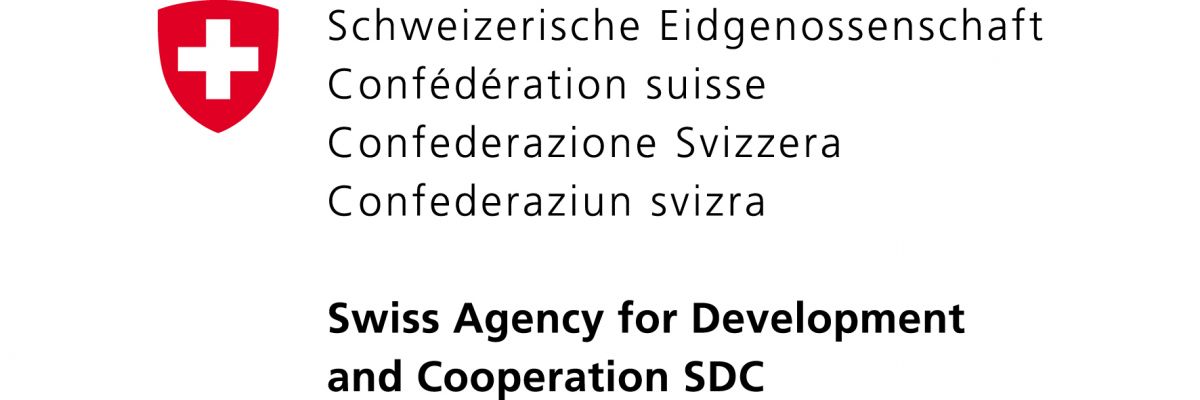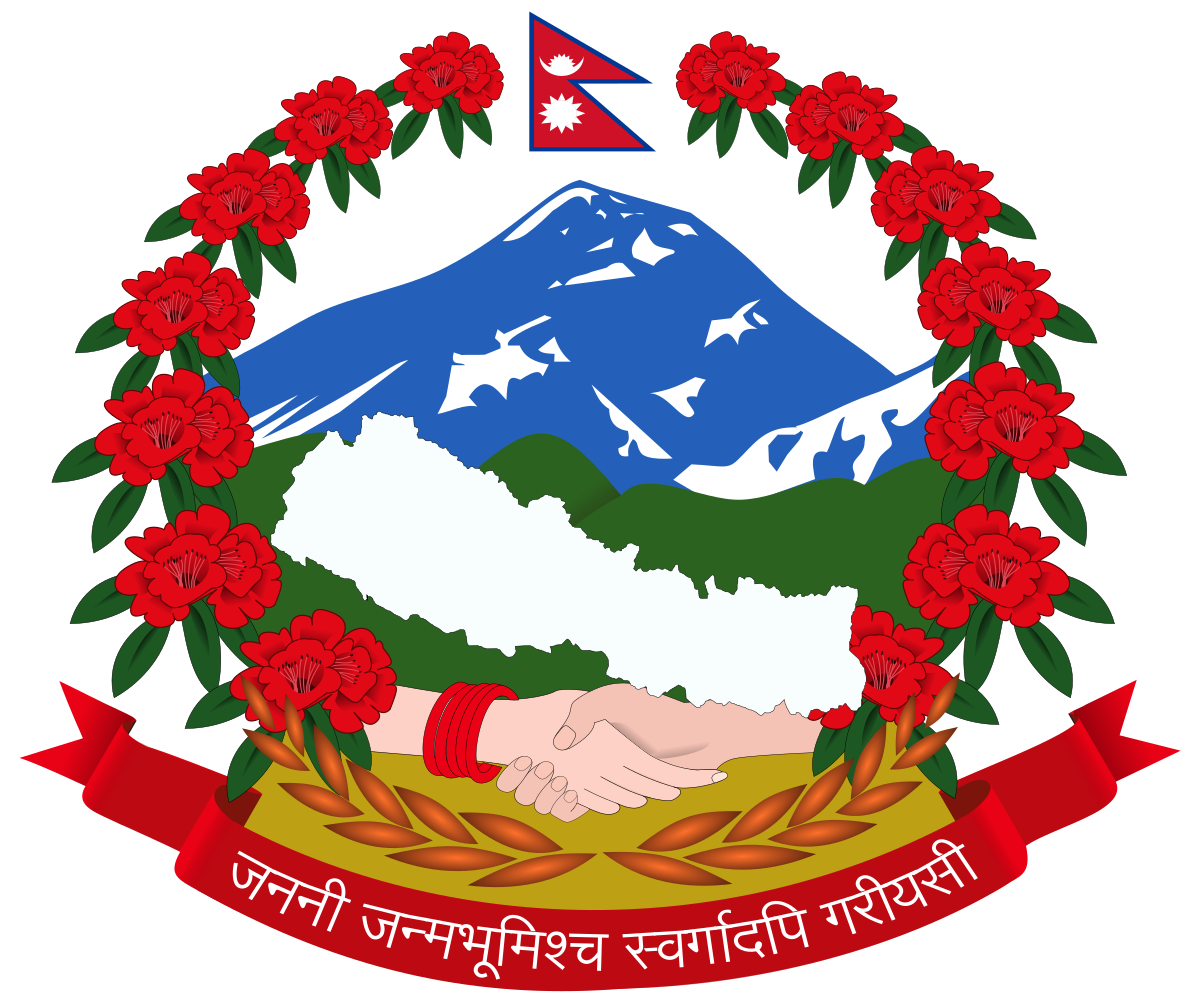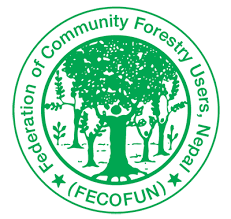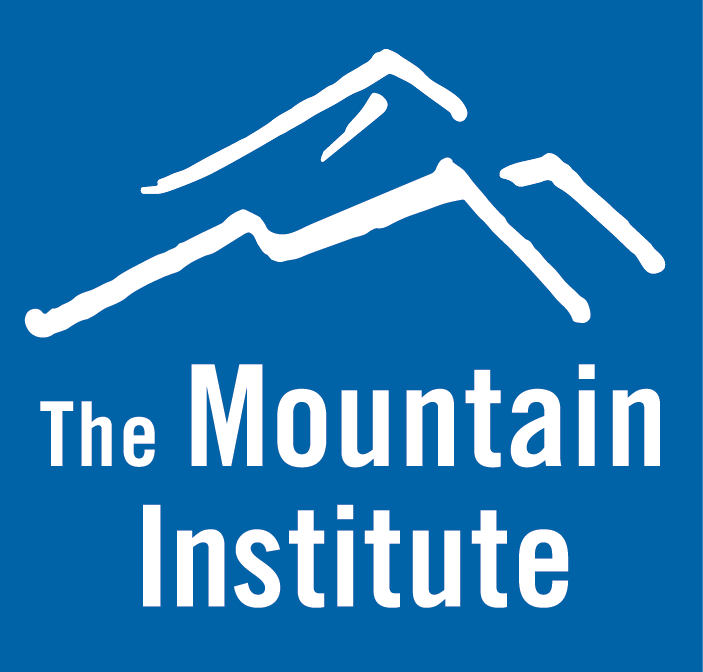Partnerships
RECOFTC's support of community forestry in Asia and the Pacific during its Strategic Plan 2013-2018 has been made possible by the core donors and many project donor partners -
Core Donors - Regional
Swiss Agency for Development and Cooperation (SDC)

SDC has been a key supporter of RECOFTC since its establishment in 1987 and remained a core donor till 2008. SDC continued to support various capacity building projects thereafter including for REDD+ and the institutional development of the ASEAN Social Forestry network (ASFN). They currently support the ASEAN-Swiss Partnership on Social Forestry and Climate Change (ASFCC) where RECOFTC is a key implementing partner. As of July 2012, SDC has renewed its commitment as core donor, with an emphasis on supporting the Asia-Pacific region through the promotion of community forestry in tackling challenges from climate change and water scarcity.
Official Website: SDC
Swedish International Development Cooperation Agency (SIDA)

Jointly responsible for sowing the seeds for RECOFTC's establishment, Sida has actively supported RECOFTC since 1997 through project funding. In 2004, Sida became a core fund donor and has continued to support community forestry as a means of poverty reduction, climate change mitigation and adaptation, and enhancing rights and livelihoods. The most recent core funding agreement covered the period October 2010 to September 2015, and RECOFTC signed a new agreement for a new phase of core funding covering the period October 2016 to September 2021.
Official Website: SIDA
Royal Thai Government

The Royal Thai Government is one of the founding members of RECOFTC and a signatory in the Charter of RECOFTC. RECOFTC collaborates closely with the Royal Forest Department, the Department of National Parks and the Department of Marine and Coastal Resource in strengthening the National Community Forestry Network and numerous community-based natural resource management capacity building activities throughout the country. In the last 25 years, the collaboration has helped build the capacity of national and local government leaders, community forest managers and practitioners in sustainable forest management and increasingly, in responding to climate change. The Royal Thai Government also contributes an annual budget to RECOFTC’s Thailand Country Program to support community forestry initiatives in Thailand through the Office of Higher Education Commission of the Ministry of Education and Kasetsart University.
Nepal Country Program Partners
Government of Nepal - Ministry of Forest and Environment (MoFE)

The Ministry of Forests and Environment is a governmental body of Nepal responsible for the conservation of forests and managing the environment in the country. Its main purposes are to enhance sustainable growth of the forest and water sectors and to manage the biodiversity, flora and fauna and also to increase the development of forest related enterprises in order to combat poverty throughout the rural areas of Nepal.
Official Website: MoFE
Government of Nepal - President Chure-Tarai Madhesh Conservation Development Board

The region having the dominancy of comparatively dwarf mountainous on the southern part of the Himalayan Mountain Range is called “Chure range”. The Chure hills along with some gullies created by the rivers and Dun Valleys (or Inner Tarai) lie in the Chure range. Mainly, sandstone, mudstone and conglomerates are found in the Chure region, and are in the state of being eroded as these rocks have not been totally solidified. As the Chure range has remained to be an important part being ecologically connected with the Bhavar and the Tarai Madhesh regions, it is essential to conserve and manage the entire region accordingly considering the Chure Hill and the narrow gullies created by the rivers there, the Dun Valleys, the Bhavar and the Tarai Madhesh as a single landscape (approximately 3,925,204 ha). Being sensitive towards the adverse impacts upon the Chure-Tarai Madhesh Landscape due to the deteriorating status of the Chure region, the Government of Nepal (GoN), had initiated the implementation of the President Chure Conservation Program.
Official Website: President Chure Board
National Trust for Nature Conservation (NTNC)

The National Trust for Nature Conservation (NTNC), previously known as King Mahendra Trust for Nature Conservation is a Nepalese non-governmental organization working in the field of nature conservation.It was established in 1982 as an autonomous non profit organization by legislative law of Nepal. Geographically, the Trust activities have spread from the sub-tropical plains of Chitwan, Bardia and Kanchanpur in the lowlands to the Annapurna and Manaslu region of the high Himalayas, including the trans-Himalayan region of Upper Mustang and Manang.
Official Website: NTNC
Himalayan Grassroots Women’s Natural Resource Management Association (HIMAWANTI)

HIMAWANTI was established as a non-profit organization under the Government of Nepal's Registration Act on March 2nd, 1998. HIMAWANTI is a non-profit, non-political, non-governmental organization dedicated to strengthening women in sustainable natural resource management across different districts of Nepal. HIMAWANTI is a close partner with RECOFTC since 2014, conducting several grassroots level capacity building activities for women in various regions of Nepal.
Official Website: HIMAWANTI
The Federation of community Forestry Users Nepal (FECOFUN)

The Federation of community Forestry Users Nepal (FECOFUN) is a formal network of Forest User Groups (FUGs) from all over Nepal. FECOFUN emerged from the idea that forest users from all parts of the country should be linked in order to strengthen the role of Users in policy making processes. Since its inception in July 1995 FECOFUN has grown into a social movement organization with about 8.5 million people represented all of whom are forest users. It is a national federation of forest users across Nepal dedicated to promoting and protecting users rights.
Official Website: FECOFUN
The Mountain Institute (TMI)

The Mountain Institute is an international non-profit organization dedicated to protecting the world's mountains by conserving mountain ecosystems and empowering the people in mountain communities. The Mountain Institute is headquartered in Washington, D.C. and operates regional field offices in the Andes,Appalachians,and Himalayas. Respectively, these are the longest, the oldest, and the tallest mountain ranges in the world.
Official Website: TMI
ForestAction Nepal (Forest Resources Studies and Action Team)

Established in 2000, is a learning oriented, not-for-profit, professional organization working in the areas of Forestry, Agriculture and Climate Change. ForestAction adopts an interactive approach to policy research and advocacy in collaboration with research community, civil society groups and government agencies to build deliberative and collaborative policy practices. FA envisions achieving productive, sustainable and equitable natural resource management by blending professional knowledge with citizen power to build pressure for transformative change. FA's approach to knowledge dissemination is through our diverse publications.
Official Website: ForestAction

